Keywords: Tribute
There are more than 200 results, only the first 200 are displayed here.
-
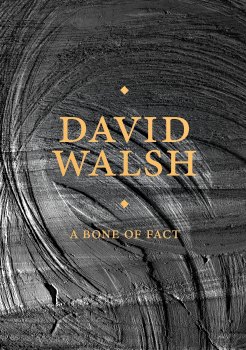
ARTS AND CULTURE
- Barry Gittins and Jen Vuk
- 26 September 2014
6 Comments
A Bone of Fact is one part love letter and two parts plea bargain. That’s how Walsh can take a stab at Catholicism one minute and the next admit that in the 'thrall' of Michelangelo’s Pieta he loses all faculties. And for someone who’s gleamed much from betting, gambling gets short shrift.
READ MORE 
-
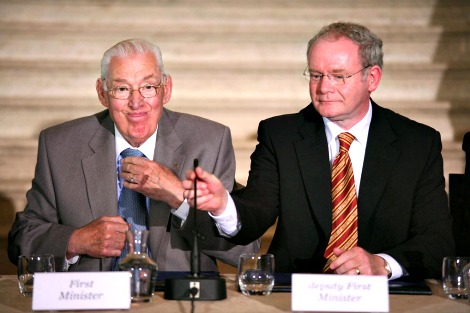
RELIGION
- Frank O'Shea
- 22 September 2014
6 Comments
Somehow Paisley and McGuinness worked well together. The Chuckle Brothers they were called, an attempt to present them as two buffoons out of their depth. But for ordinary people, it was an endearing image, a tribute to a pair who had brought their respective sides with them in an unlikely peace.
READ MORE 
-
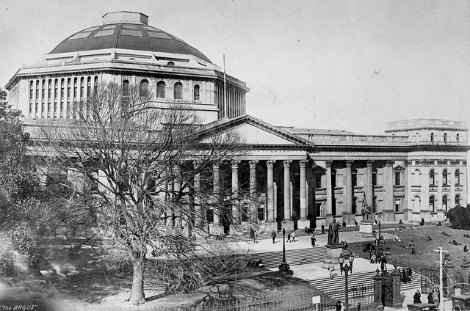
MARGARET DOOLEY AWARD
- Andy Lynch
- 27 August 2014
9 Comments
The kind of Australia we live in today can be directly attributed to the kinds of institutions built 150 years ago - schools, universities, libraries, museums, and more. But in 2014 is it even possible to carve out new public institutions or give new life to those that have waned in relevance?
READ MORE 
-

RELIGION
- Frank Brennan
- 23 July 2014
1 Comment
'Rohan provides a detailed and accurate analysis and history of the word games that have gone on between the Vatican and the Latin American bishops and theologians wrestling with the concept of the preferential option for the poor.' Frank Brennan launches The Preferential Option for the Poor: A Short History and a Reading Based on the Thought of Bernard Lonergan, by Rohan Michael Curnow.
READ MORE
-

AUSTRALIA
- Frank Brennan
- 23 July 2014
1 Comment
'Undoubtedly there are many challenges confronting our elected leaders in dealing with violent crime and with pathological sex offenders. But long-term sustainable solutions must be based on respect for judicial independence and for the role of the legal profession.' Frank Brennan addresses the Queensland Council for Civil Liberties at The Irish Club, 175 Elizabeth St, Brisbane 8 July 2014.
READ MORE
-
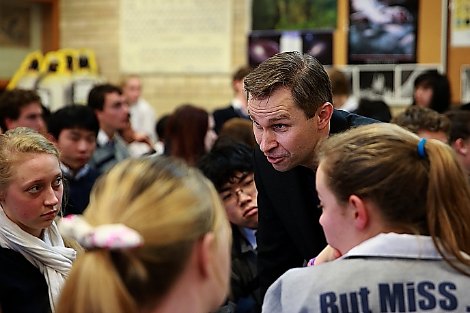
EDUCATION
- Catherine Marshall
- 27 June 2014
13 Comments
Amidst a whirl of media interviews and meetings, David Sinclair, professor of genetics at Harvard University and one of Time magazine's 100 most influential people in the world for 2014, paid a visit to his alma mater: a state school in suburban Sydney. State schools aren't the repositories of children too impoverished or unintelligent for the alternative; they're the living manifestation of democracy, egalitarianism, multiculturalism and ecumenism.
READ MORE 
-

INTERNATIONAL
- Gillian Bouras
- 04 June 2014
17 Comments
Here in Greece we are still digesting the results of last week's Euro elections. Worry about immigration has contributed to the continuing rise of the neo-Nazi Golden Dawn, which polled 9 per cent, and has won seats in the European Parliament for the first time. And what of Australia? Frankly, I'm baffled, so baffled that visiting Antipodeans take me to task. 'The Australia you grew up in has gone forever.' So it would seem.
READ MORE 
-
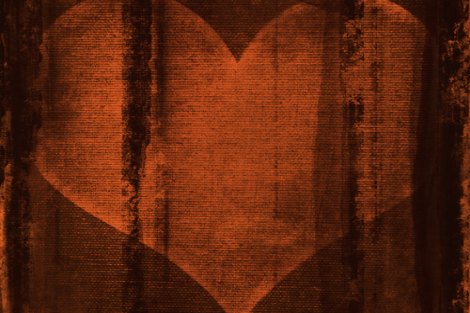
AUSTRALIA
- Andrew Hamilton
- 22 May 2014
12 Comments
For the good of victims and the community prisoners need to find the space in which they can feel remorse for the harm they have done, reflect on and change the patterns of life that contributed to the crime, and come to act accountably. To include love in penal justice may seem impossible. But recently in court a man was sentenced to jail for dangerous driving that led to the death of a young woman. Her father then embraced the driver.
READ MORE 
-

INTERNATIONAL
- Fatima Measham
- 02 May 2014
11 Comments
As I scanned the actor profiles for the new Star Wars film, it became apparent that no brown actress was among them. The mythology George Lucas created 40 years ago remains predominantly male and white. What happens when brown women are kept out of the picture is that their invisibility is normalised. We are not seen to contribute, much less lead. This is not harmless. It makes our presence in society incidental. Dispensable.
READ MORE 
-
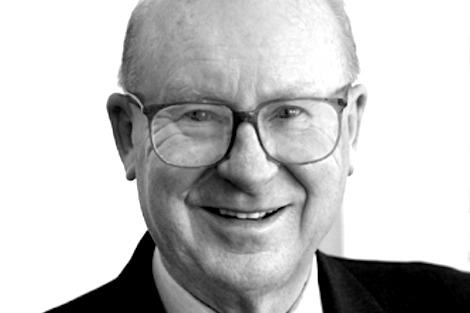
AUSTRALIA
- Brian Lucas
- 29 April 2014
5 Comments
The late Barry O'Keefe was among the best known barristers of his time and no doubt there will be many tributes to his prowess as advocate, judge and corruption commissioner. The integration of the spiritual life and professional career is a challenge for most people. How do you find stillness and God's presence when there are constant demands on your time and energy? O'Keefe said his attendance at daily Mass was integral.
READ MORE 
-

AUSTRALIA
- Frank Brennan
- 16 April 2014
18 Comments
The great Tasmanian Catholic warrior Brian Harradine did wonderful work in the Senate, the chamber Paul Keating described as 'unrepresentative swill'. He successfully negotiated significant improvements to the lamentable Howard Aboriginal land rights package. Seven years after the Wik debate, Democrats deputy leader Andrew Bartlett said: 'The agreement he reached on the Wik legislation was one of the few cases I would point to where John Howard was bested in negotiations'.
READ MORE 
-

AUSTRALIA
- Frank Brennan
- 11 April 2014
1 Comment
'Whether or not we have a bill of rights, much of our human rights jurisprudence remains partial, failing to extend rights equally to all. Once we investigate much of the contemporary discussion about human rights, we find that often the intended recipients of rights do not include all human beings but only those with certain capacities or those who share sufficient common attributes with the decision makers. It is always at the edges that there is real work for human rights discourse to do.' Frank Brennan's Blackfriars Lecture
READ MORE